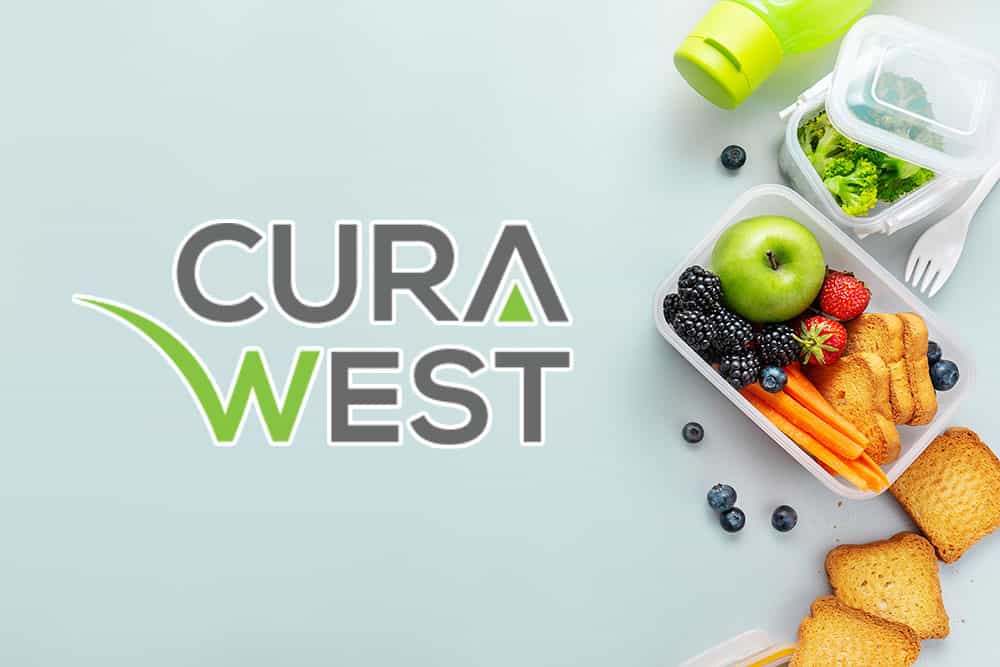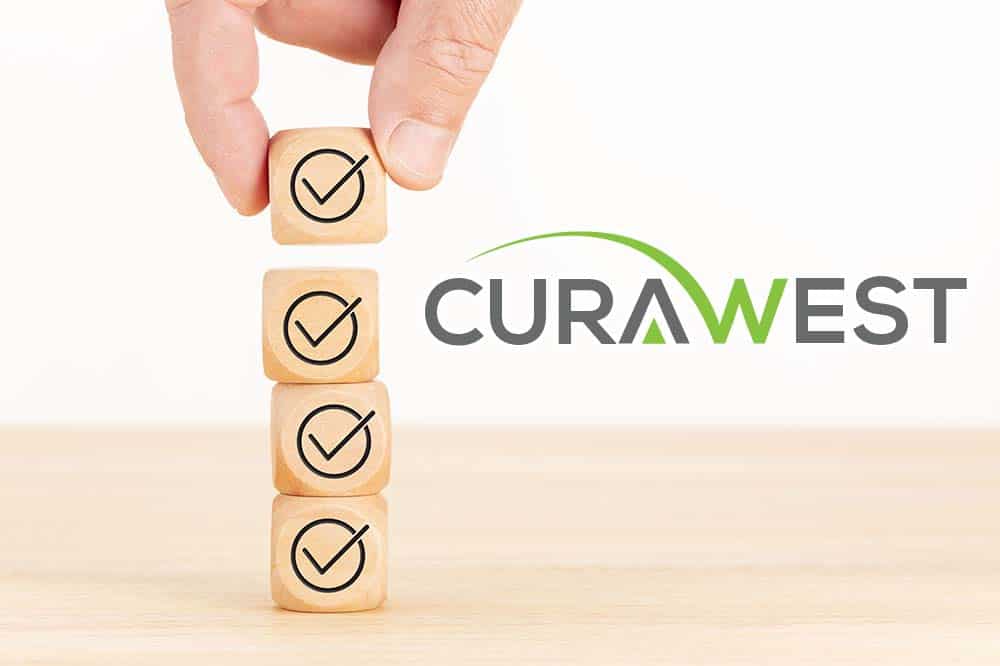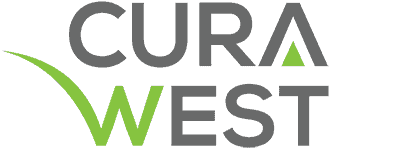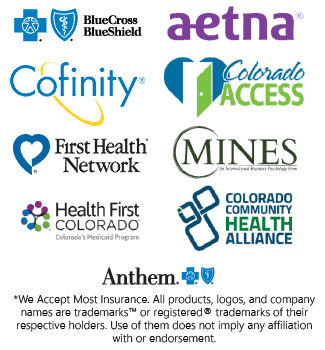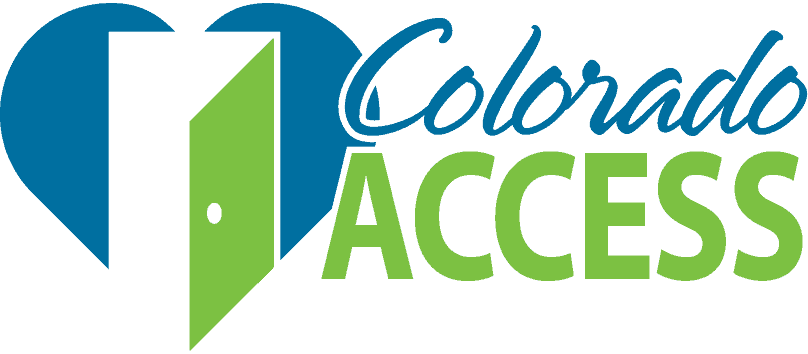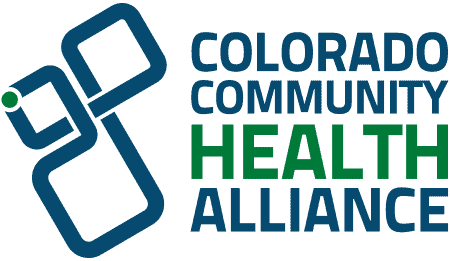Nutrition and Addiction Recovery
Substance abuse takes a major toll on physical health. While recovering from drug and alcohol abuse is a long-term process, it can be significantly sped up and facilitated by adequate nutrition and a healthy diet. Individuals who have been suffering at the hands of substance abuse and dependency often experience the following nutrition-related issues:
- Depending on the type of substance being abused, they either consume less nutrients than their bodies require, which can result in significant weight loss and malnutrition, or they consume more calories than their bodies require while ingesting non-nutritious foods, which can lead to declining health and significant weight gain.
- Individuals who are suffering at the hands of a substance abuse disorder commonly skip meals and regularly choose foods that lack nutritional density. For example, a heavy drinker might recognize that he or she hasn’t had a full meal all day. As a result, he or she might order a large pizza and eat the entire thing at midnight – binge eating is another common problem among substance users.
- Men and women who struggle with substance abuse and dependency are far more likely to experience related gastrointestinal issues. For example, heroin abuse might lead to persistent nausea and vomiting, which facilitates a regular loss of the nutrients that are consumed. Damaging internal organs (like the stomach) also makes it more difficult for the body to absorb the nutrients it needs in order to function properly – and substance abuse of every kind leads to vital organ damage.
The foods we eat affect the way our body and our brain functions – if we lack adequate nutrition, then our body is simply not producing enough neurotransmitters for the brain to function effectively. When our neurotransmitters are out of whack, we are more likely to feel anxious and irritable. We might find it more difficult to fall asleep at a reasonable hour, more difficult to wake up in the morning and more difficult to function throughout the day. For those who are in early recovery, it is exceptionally important to make sure that a variety of healthy foods are being ingested on a daily basis, and that hunger is never an issue. Being hungry can actually serve as a relapse trigger.
We Are Here For You
Let Us Help You Heal
Our Drug & Alcohol detoxification experience is second to none.
Learn how we can help by speaking with one of our Treatment Advisors today.
The Nutrition You Need to Heal
Because everybody is different, the foods you need in order to optimize your own personal health will vary. At CuraWest we offer personalized nutritional therapy in order to help each individual client determine which combination of fruits, vegetables and complex carbohydrates beat suit his or her personal dietary needs. However, there are some dietary rules that stay the same across the board. During the first year of sobriety, nutrition-based needs are higher than normal . It is important that individuals nourish their bodies on a daily basis, eating nutrient-dense foods and drinking enough water to effectively heal. Nutrient deficiencies are extremely common among men and women who have been abusing chemical substances for any length of time. For example, chronic alcohol consumption often leads to severe B-complex vitamin deficiency. It is important that individuals who are new to recovery know how to identify malnutrition and know what steps to take in order to return their physical bodies to a proper state of functioning. Malnutrition shows up in a variety of ways – if an individual is extremely fatigued regardless of how much sleep he or she is getting, for example, it may be because his or her diet is not nutrient-dense. If an individual gets sick frequently, it could be because his or her immune system is compromised based on a lack of important vitamins and minerals. Of course, we do not expect men and women who are new to recovery to know exactly what foods to eat or how to take care of themselves otherwise.
Active addiction strips us of our ability to function at a base human level – essentially, we lose the ability to care for ourselves. Many of us must either relearn the basics (or learn the basics for what might be the very first time). This includes the preparation of healthy and nutritious foods, and attention paid to what is included in our diet – and what is avoided.

Our Drug & Alcohol Detox Services Include
Foods to Avoid
Below are some foods that are best avoided while you and your body actively heal from the devastation of addiction:
- Refined sugars – It is not uncommon for men and women to crave sugar in early recovery. There are several ways to satiate these cravings without turning to nutrient deficient foods like donuts and candy. Try adding raw honey to a cup of tea, or eating half of a grapefruit topped with raw cane sugar.
- White flour – The body breaks down white flour just as if it was processed sugar. In this day and age, there are many alternatives to white flour, including wheat flour and other whole grain options.
- Refined fats and hydrogenated and partially hydrogenated oils – There are many types of fat that are good for the body, including fats found in avocados, Olive oil, coconut oil and even butter. Not only do healthy fats help stabilize our blood sugar, but they help us feel full and satisfied for much longer. Avoiding refined fats and hydrogenated oils is always a good idea, no matter how far along you are in your personal recovery journey.
- Energy drinks – Avoiding caffeine altogether can prove to be a hurdle for some individuals. If you are not quite ready to give up caffeine in its entirety, try turning to coffee and black tea rather than chemical-filled energy drinks – which also tend to be exceptionally high in refined sugars.
Ready To Begin Your Drug & Alcohol Detox?
We Offer A Safe & Effective Program
Don’t let Drug & Alcohol addiction control your life.
Call us today and let’s get you started on the path to a better you.
Foods to Include in Your Diet
Below are several foods that will undeniably speed up the physical and mental healing process, and allott you with the nutritional density you need to make the most out of every day.
- Antioxidant-rich foods – Foods that are rich in antioxidants work to boost your immune system while speeding along the detoxification process. Some examples of foods that are packed full of antioxidants include blueberries, strawberries, artichokes, leeks and onions. An omelette made with artichoke hearts and onions and coupled with a side of fresh berries is an ideal choice for breakfast, for example.
- Foods rich in L-glutamine – L-glutamine is known to reduce sugar cravings while actively boosting the immune system. Some foods that are rich in this amino acid include spinach, kale and parsley, beets, carrots, brussel sprouts and celery and foods that are rich in protein like fish, chicken, eggs and beef.
- Foods that contain tryptophan – Tryptophan has gained a reputation as the sleep-inducing chemical found in Thanksgiving Day turkey. However, this essentially amino acid is known to increase serotonin levels, in turn facilitating a positive and happy mood. Tryptophan is found in more food than just turkey including tuna fish, beans, lentils, pork and many types of cheese.
- Complex carbohydrates – Starting the day off with a bowl of steel cut oats and berries can increase energy levels throughout the day, reducing caffeine and sugar cravings and allowing you to feel your best. Some other examples of complex carbohydrates include beans, whole wheat bread, potatoes, sweet potatoes, barley and quinoa.
- Foods that include tyrosine, another essential amino acid – Just as tryptophan can increase the amount of serotonin within the brain, tyrosine is known to increase dopamine levels, which are infamously low during early recovery. Some tyrosine-rich foods include lean beef, pork, bananas, sunflower seeds, whole grains and cheese
Begin Healing Now!
Have A Call With One Of Our Treatment Advisors
Don’t Suffer Any Longer
CuraWest and Nutrition Therapy
At CuraWest we thoroughly understand the importance of adequate nutrition in early recovery, and we have licensed and experienced nutritionists on staff who help each individual client develop and stick to a personalized meal plan. For more tips on nutritional eating during early recovery, or to learn more about our nutrition-based program give us a call at (888) 693-1794, we are available to help you 24/7.

Reviewed for accuracy by:
Jasmine Billups
LPC-S
Jasmine has worked in the mental health field for over 18 years. She earned her B.A. in Psychology with a Minor in Child and Family Relations from North Carolina Central University, and her M.A. in Mental Health Counseling from Argosy University. Jasmine is a Licensed Professional Counselor Supervisor and has specialized in addiction for over 10 years.


